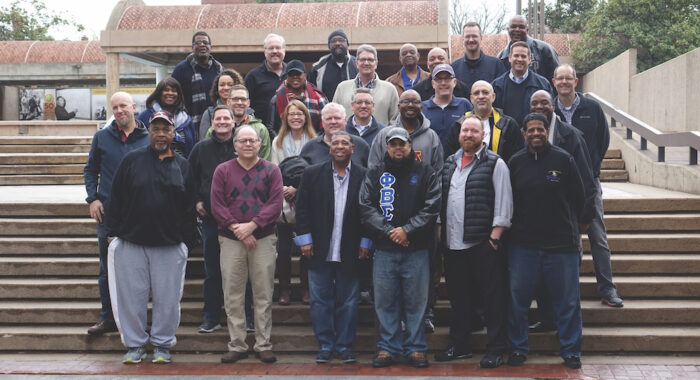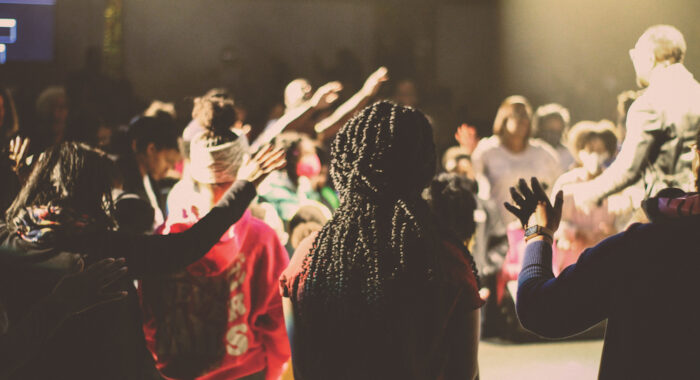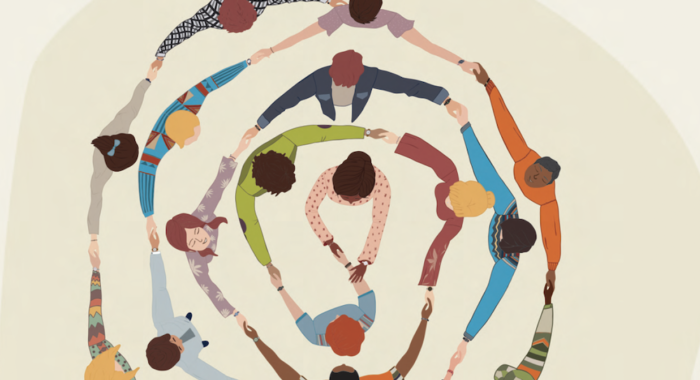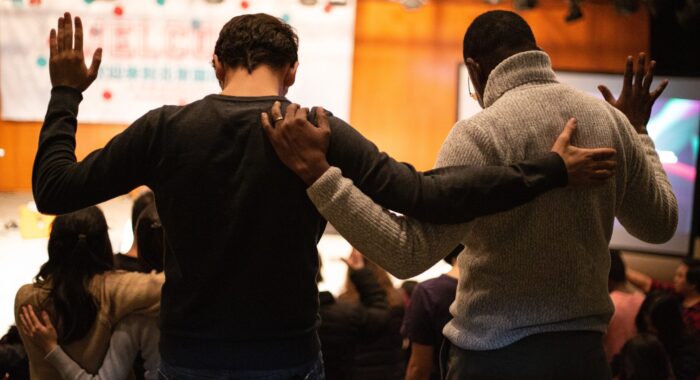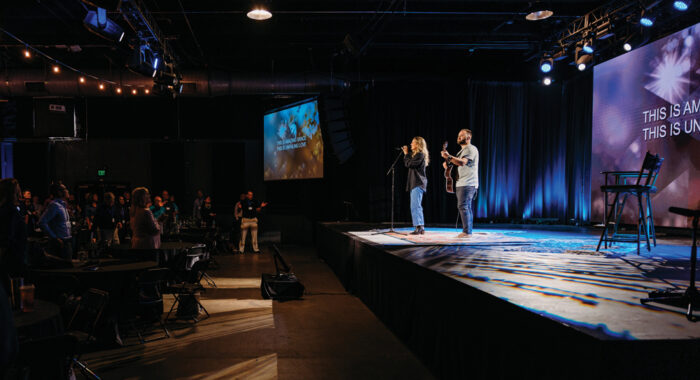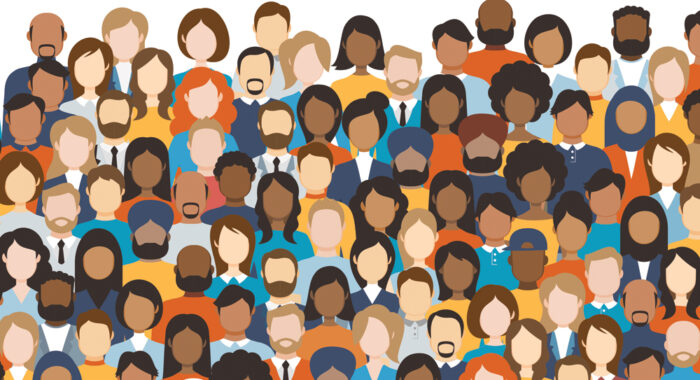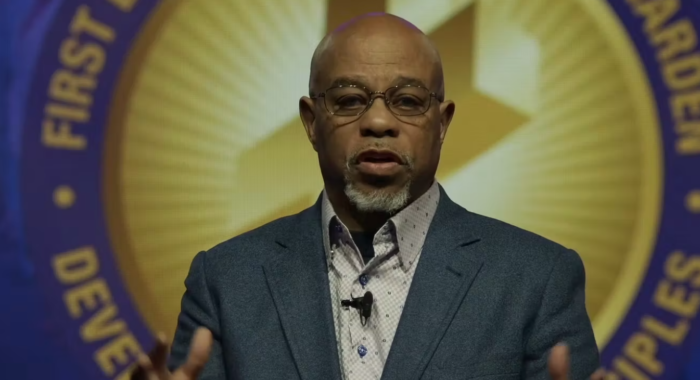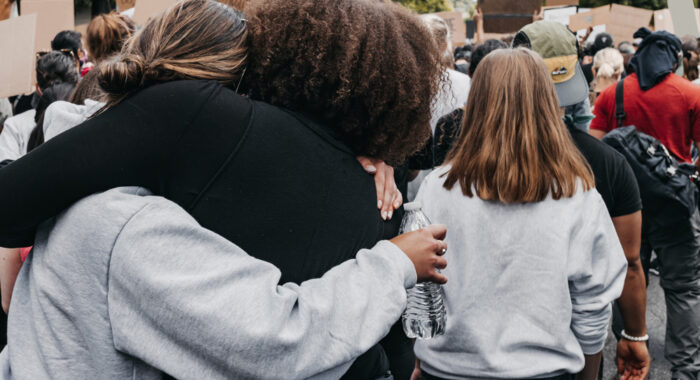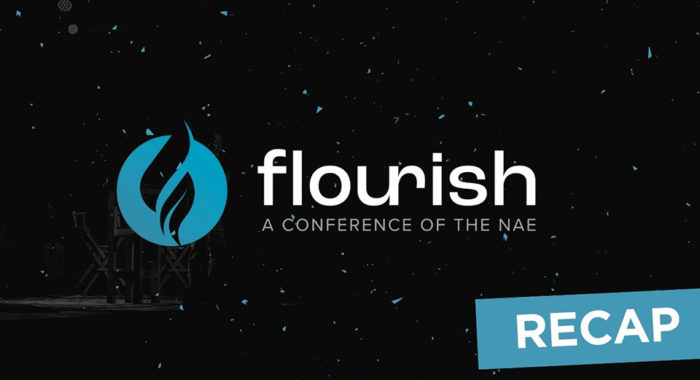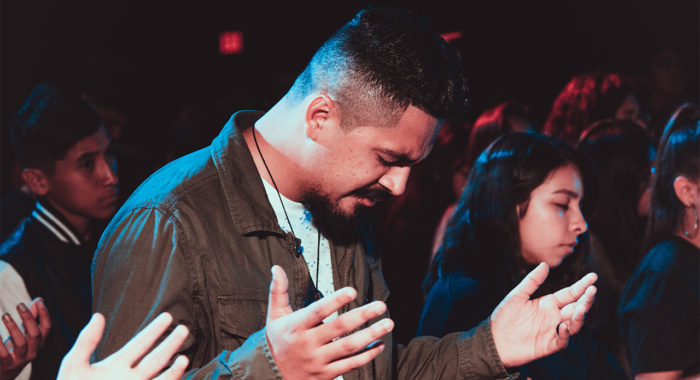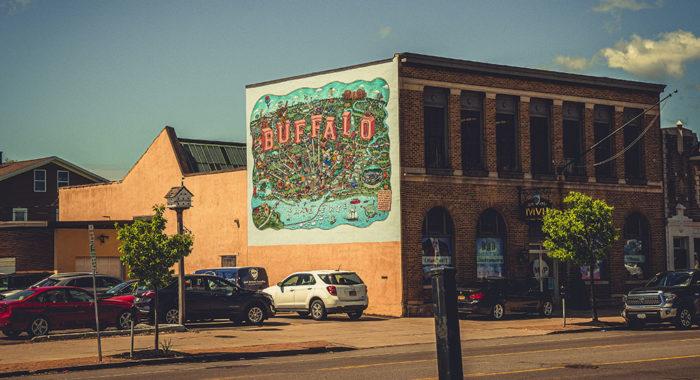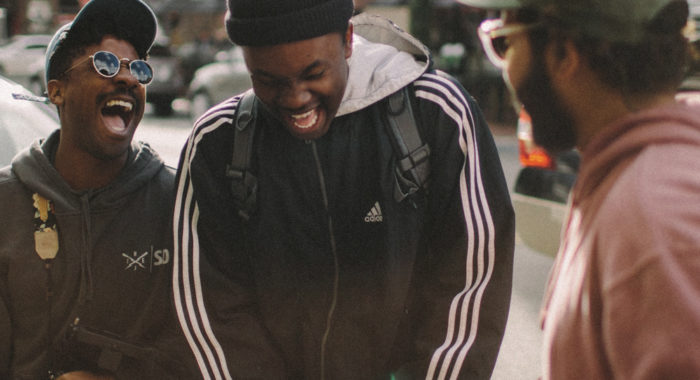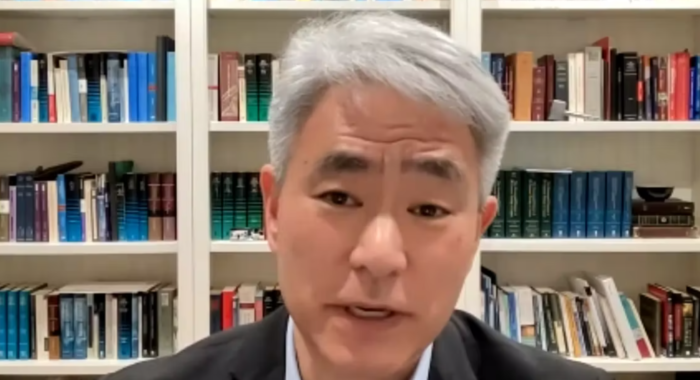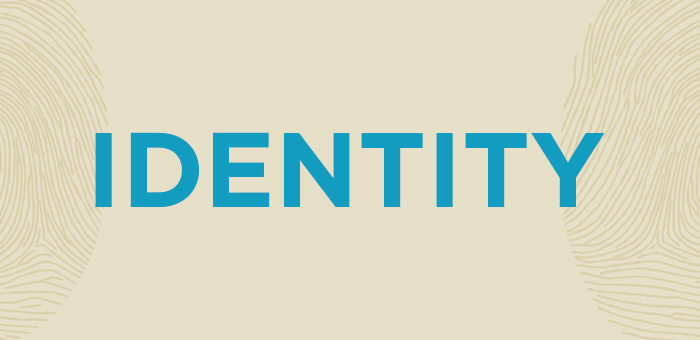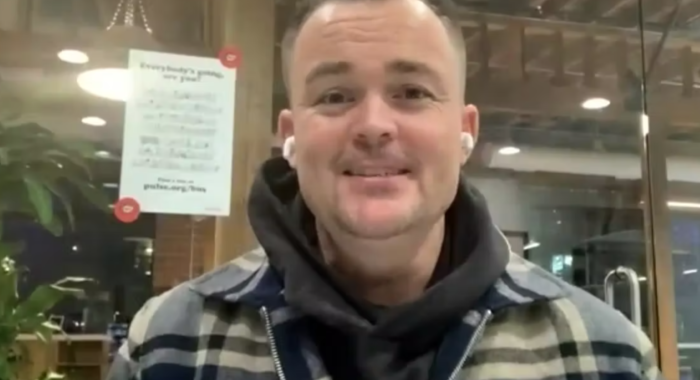Robert D. Putnam is the Peter and Isabel Malkin professor of public policy at Harvard University. He is a member of the National Academy of Sciences and the British Academy, and past president of the American Political Science Association. Putnam has received numerous scholarly honors, including the Skytte Prize and the National Humanities Medal. He has written numerous books, including the latest he co-authored with Shaylyn Romney Garrett: “The Upswing: How America Came Together A Century Ago and How We Can Do It Again.”

Prior to the 1960s, our nation was in an upswing of economic and social equality with a greater emphasis on the community rather than the individual. But in the ’60s, a long-lasting downturn of society began, including social isolation, cultural narcissism and individualistic mentality. Why does our culture still find itself in one of the most divisive times in history? How do we come back to a place of solidarity?
In Today’s Conversation podcast, Robert Putnam, research professor of public policy at Harvard University, and Shaylyn Romney Garrett, writer and researcher, remind us of the role Christians played in helping our nation heal before, and they offer hope that we can lead another pivotal and positive change today.
Hosted by NAE President Walter Kim, Robert and Shaylyn also review:
- What caused such polarization in our society;
- How our allegiances have changed from religion to politics over time;
- Why the data proves we don’t have to be the victims of history; and
- How evangelical Christians can help lead to a societal upswing.
Read a Portion of the Transcript
Walter: What will it take us to get out of that kind of tribalism or internal focus? Shaylyn, you know this notion of emotionally allegiances that are tribal in nature — how does that work and how to we combat that?
Shaylyn: I think for sure what we’re seeing is a “religafying” of our political identities across the board. This is not just religious people who are doing this; this is all Americans who are actually beginning to identify their political affiliation as their primary identity, which is a new thing. For example, in mid-century America if your son or daughter was going to get married one of the main concerns would be what religion is that other person that my son or daughter wants to marry, and this inter-religious marriage was a real sticking point at that phase in American history. When you ask the similar sort of questions today: How would you feel if your son or daughter married not someone of a different religion, but someone of a different political affiliation? The numbers are off the charts for how concerned people are about that today.
That’s a new phenomena that’s actually part of this “I” focused phenomenon, but it’s odd that we’ve sort of shifted to what our primary focus is in terms of thinking about our in-group and our identity to make it more salient, our political identities, than maybe we have experienced them to be in the past. So that’s a huge part of it. I think we need to do some heart work and some inner work on asking ourselves, “What is the source of our primary and foundational values?”
In the words in one social gospelers, Washington Gladden, he challenged people to revisit their primary conceptions — What type of men and women are [we] going to show up as in the world and in society, in America as citizens? Are our primary conceptions that we are Republican or that we are Democrat? Or are our primary conceptions somewhere beneath that?
And particularly to your question earlier about what leaders can do — if leaders can lead people through the inner work and the heart work to remind them of what their primary conceptions are —that maybe we’ve layered these political conceptions on top of some primary conceptions that we’ve forgotten. If we can get down to that layer, we can not only free ourselves of these deeply emotional attachments we’ve developed to our politics, but we can also get down to the place where we can start to do some of that racial reconciliation that we have put off for so long in this country. So I think there’s a lot of room for leadership in religious congregations around getting into those hard conversations.
Share the Love
If you enjoyed the program, please rate it on iTunes and write a brief review. That will help get the word out and raise the visibility of the show.
Relevant Resources
- Read books by Robert Putnam and Shaylyn Romney Garrett:
- “The Upswing: How American Came Together a Century Ago and How We Can Do It Again” | Putnam & Romney Garrett
- “American Grace: How Religion Divides and Unites Us” | Putnam with Romney Garrett
- “Bowling Alone” | Putnam
- “Our Kids: The American Dream in Crisis” | Putnam
- Listen to a previous podcast with Robert Putnam on The Growing Class Gap Among American Young People
- Learn about Shaylyn’s nonprofit, Think Unlimited, that works to bring about social innovation in the Middle East.
Today’s Conversation is brought to you by Grace Communion Seminary.



 View All Podcasts
View All Podcasts 

